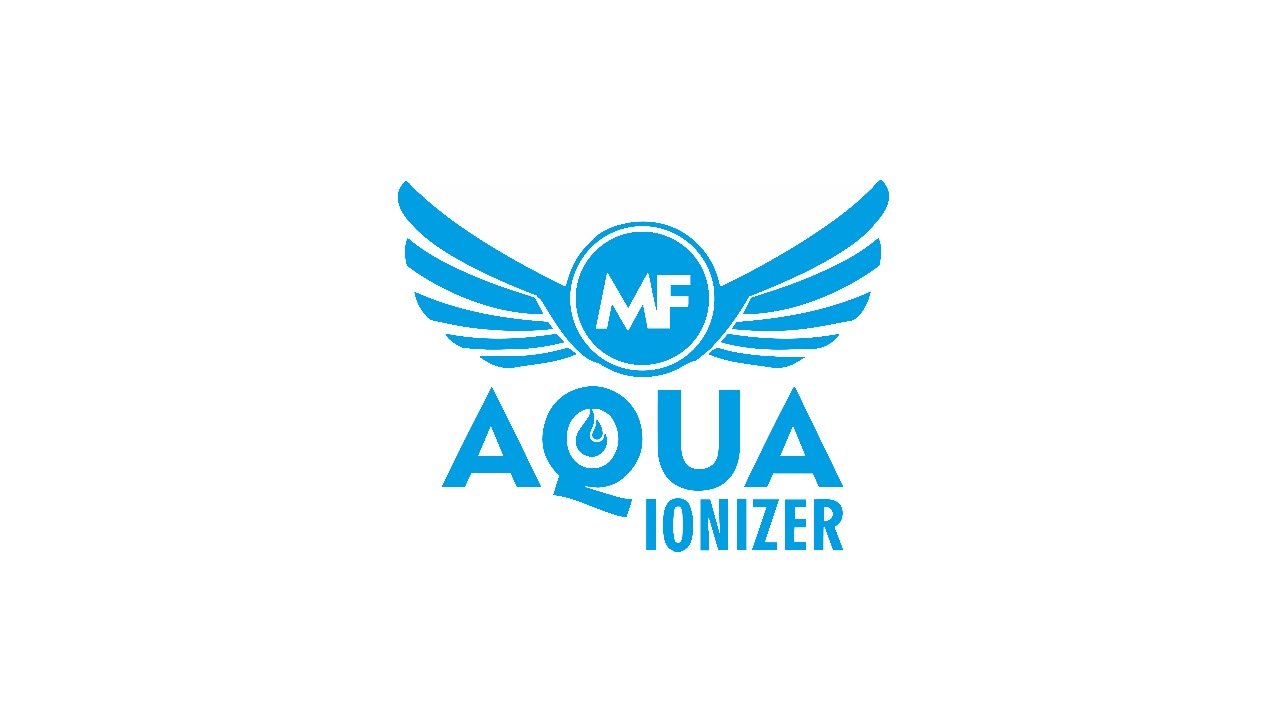
Water is essential to life, playing a critical role in almost every bodily function. Yet, the quality of the water we drink is just as important as the quantity. Filtered water, which has been processed to remove harmful contaminants, has become a preferred choice for many people due to its perceived health benefits. But what exactly is Filtered water, why is it important, and how does it help reduce the risk of diseases such as cancer and skin conditions? In this blog, we will explore these questions in depth while discussing the broader advantages and disadvantages of using purified water.
What is Purified Water?

Purified water/Filtered water is water that has been mechanically filtered or processed to remove impurities and contaminants, including bacteria, viruses, chemicals, and heavy metals. Common purification methods include reverse osmosis, distillation, deionization, and carbon filtration. These methods ensure that the water is free from harmful substances that may affect human health.
Water can contain numerous contaminants that come from various sources such as industrial pollution, agricultural runoff, and even natural processes. By purifying water, you remove a significant amount of these potentially harmful pollutants, making it safer for consumption.
The Importance of Drinking Purified Water
Clean, contaminant-free water is essential for overall health. Here are some reasons why drinking Filtered water is important:
- Protecting Against Waterborne Diseases Water contaminated with bacteria, viruses, and parasites is a leading cause of waterborne diseases such as cholera, dysentery, typhoid fever, and diarrhea. These illnesses are especially prevalent in areas with poor water sanitation .Filtered water removes these pathogens, significantly reducing the risk of such diseases and ensuring better public health outcomes.
- Elimination of Harmful Chemicals Municipal water supplies are often treated with chlorine to kill bacteria, but this chemical can leave behind harmful by-products like trihalomethanes (THMs). Long-term exposure to THMs has been linked to various cancers, including bladder and colon cancer. Moreover, unpurified water can contain heavy metals like lead and mercury, both of which are toxic to the body and can cause developmental delays, neurological damage, and kidney dysfunction. Purified water helps eliminate these chemicals, lowering your overall exposure to toxins.
- Reducing Risk of Cancer Several water contaminants have been linked to an increased risk of cancer. Arsenic, a naturally occurring element found in groundwater, has been shown to elevate the risk of cancers of the skin, lungs, bladder, and kidneys. Similarly, lead, which can seep into drinking water through old pipes, has also been associated with cancer development due to its harmful effects on cellular DNA.
- Clear, Better-Tasting Water Filtered water is free of chemicals like chlorine and sulfur that often give tap water an unpleasant taste or odor. By removing these impurities, Filtered water has a cleaner, fresher taste, making it more enjoyable to drink. This can encourage you to drink more water, which is essential for staying hydrated and maintaining overall health.
- Improved Skin Health Drinking Filtered water helps reduce your exposure to these harmful substances, supporting the body’s natural detoxification processes. Moreover, Filtered water can also be used for bathing, minimizing skin irritation caused by chlorine and other chemical residues found in unfiltered water
- Better Digestion and Nutrient Absorption Drinking clean, Filtered water helps support the digestive system, aiding in the breakdown of food and absorption of nutrients. This, in turn, ensures better digestion, prevents constipation, and promotes overall digestive health. Water also plays a key role in maintaining the health of the gastrointestinal lining, helping prevent conditions like acid reflux and indigestion.
Filtered water and Cancer Prevention
There are multiple ways in which Purified water contributes to reducing cancer risks. various contaminants in unfiltered water are considered carcinogenic, meaning they can increase the likelihood of cancer development over time.
- Arsenic and Cancer Risk Arsenic is a known carcinogen that is often found in groundwater. Long-term exposure to arsenic has been associated with an increased risk of skin cancer, lung cancer, and bladder cancer. In regions with high arsenic levels in drinking water, cases of cancer are significantly more common. Purification methods like reverse osmosis can effectively remove arsenic from drinking water, greatly reducing this risk.
- Chlorine By-Products and Cancer While chlorine is necessary to kill bacteria in tap water, the by-products it creates, such as trihalomethanes (THMs), are dangerous. Long-term exposure to THMs has been linked to cancers of the bladder and colon. Purifying water helps remove these chemical by-products, reducing cancer risks associated with chlorinated water.
- Heavy Metals and Cancer Contaminants like lead, mercury, and cadmium in drinking water are also linked to an increased risk of cancer. These metals can disrupt cellular processes and contribute to the mutation of healthy cells into cancerous ones. Filtered water, which removes these metals, provides a significant layer of protection against their harmful effects.
How Purified Water Promotes Skin Health
Our skin is constantly exposed to the elements, and the water we use for drinking and bathing plays a crucial role in maintaining its health and appearance. Here are some ways Filtered water benefits the skin:
- Hydration and Moisture Retention Water is essential for keeping the skin hydrated. Proper hydration helps maintain skin elasticity and prevents dryness, fine lines, and wrinkles. Drinking Filtered water supports better hydration as it lacks contaminants that could cause internal stress on the body.
- Reduced Chlorine Exposure Chlorinated water can strip the skin of its natural oils, leading to dryness, irritation, and exacerbation of conditions like eczema and psoriasis. By using Filtered water for drinking and washing, you can reduce chlorine exposure, helping to keep your skin soft and moisturized.
- Clearer Skin Impurities in water can clog pores, contributing to acne and other skin breakouts. Filtered water is free of contaminants that could trigger inflammation, irritation, and breakouts, leading to a clearer complexion.
Advantages of Purified Water

- Improved Cooking and Food Preparation: Using purified water in cooking ensures that the food you prepare is not contaminated with harmful chemicals or heavy metals, preserving the nutritional value of your ingredients.
- Better for Pets and Plants: Your pets and plants can benefit from filtered water, as it reduces their exposure to harmful chemicals. Pets, like humans, can suffer from kidney problems and other health issues caused by contaminated water.
- Household Appliances Last Longer: Appliances such as water heaters, coffee makers, and kettles often suffer from mineral buildup when exposed to unfiltered tap water. Filtered water helps prevent scale buildup, extending the life of these appliances
- Prevention of Waterborne Diseases One of the most significant benefits of Filtered water is its ability to prevent waterborne diseases. Contaminated water can carry bacteria, viruses, and parasites that cause illnesses such as cholera, dysentery, typhoid fever, and diarrhea. Drinking purified water ensures that these harmful pathogens are removed, significantly reducing the risk of infection.
- Reduction of Toxic Chemicals Many water supplies are treated with chlorine to disinfect the water, but this process can produce harmful by-products called trihalomethanes (THMs). Long-term exposure to THMs has been linked to an increased risk of certain cancers, including bladder and colon cancer. Moreover, unpurified water may contain heavy metals like lead, mercury, and arsenic, which are highly toxic to the body. These chemicals can accumulate in the body, leading to various health issues over time. Drinking Filtered water removes these dangerous substances, protecting you from their harmful effects.
- Support for Digestive Health Water plays a critical role in digestion and nutrient absorption. Drinking filtered water can enhance the digestive process by ensuring that the body can break down food and absorb nutrients more efficiently. In contrast, consuming contaminated water may introduce harmful bacteria or chemicals into the digestive system, leading to gastrointestinal problems like bloating, indigestion, and even infections.
- Improved Taste and Odor Unfiltered water often contains chemicals like chlorine or sulfur that affect its taste and smell, making it unpleasant to drink. But water which is purified free from these impurities, tastes fresher and cleaner, making it easier and more enjoyable to stay hydrated. This encourages regular water consumption, which is crucial for overall health and well-being.
Conclusion: The Value of Purified water
It plays a crucial role in promoting a healthier lifestyle by removing harmful contaminants like bacteria, viruses, heavy metals, and chemicals. This ensures a significant reduction in the risk of waterborne illnesses, cancers, and skin conditions. Its impact on enhancing digestive health, maintaining proper hydration, and supporting overall wellness is invaluable.
In addition to its health benefits, It enhances the taste of drinking water and food preparation while protecting household appliances from mineral buildup. Whether you choose to install a home water filtration system or opt for bottled purified water, making the switch to purified water is a smart, health-conscious decision. By prioritizing clean, safe drinking water, you are taking an essential step toward better health and a more balanced, hydrated lifestyle.
We’re here to help! Contact us for any further details.
